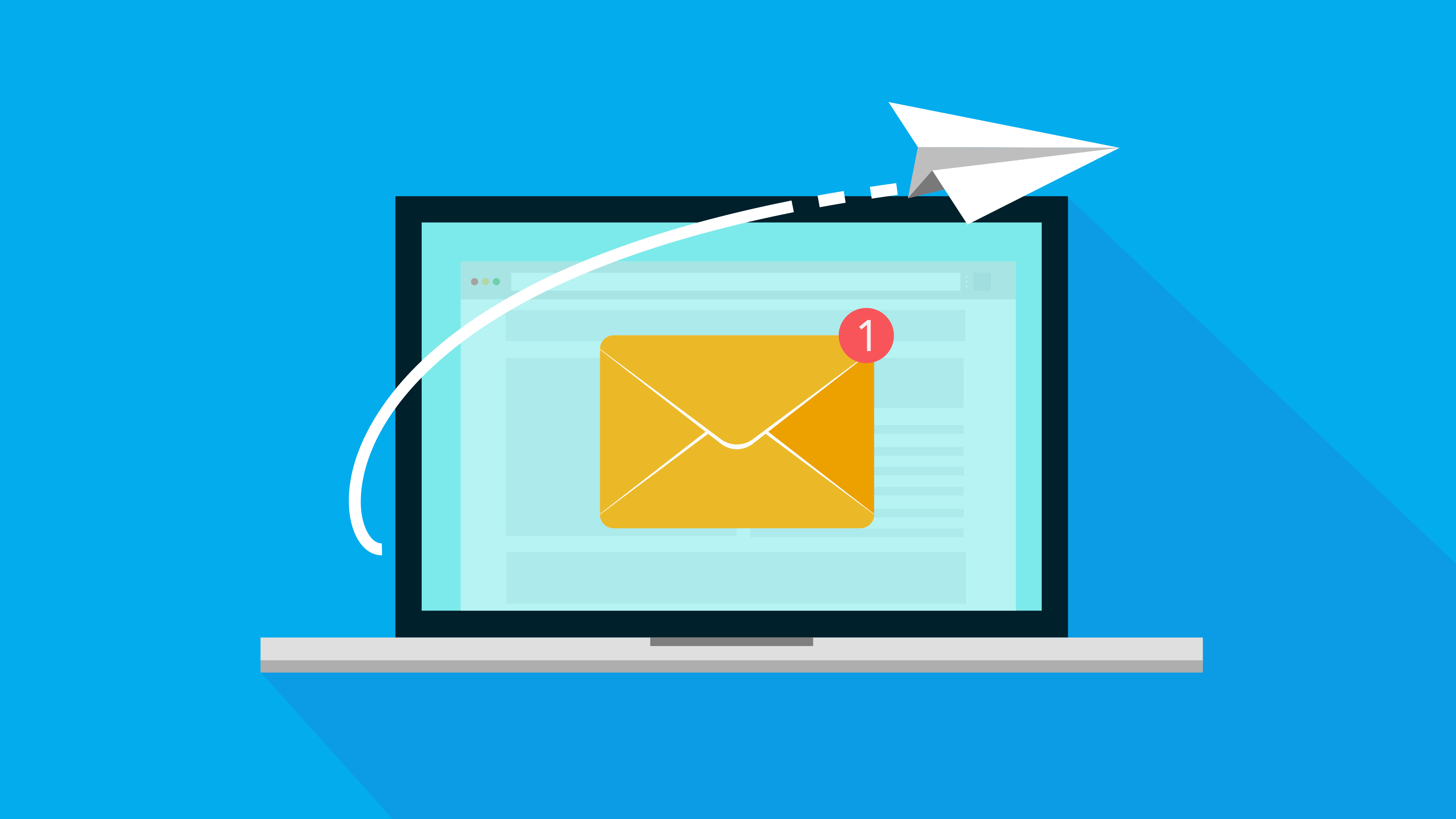Best Email Advices
- Get link
- X
- Other Apps
Eliminating extra information from emails can help you reclaim a large portion of your workday, increase your productivity, and improve your chances of getting a reply.
The average worker spends 28 percent of their day reading and answering email, according to a 2012 study by New York City-based management consulting firm McKinsey and Company. Keeping emails brief and to the point can help you reclaim some of this time.
"Proper email is a balance between politeness and succinctness," says successful serial entrepreneur Guy Kawasaki, author of APE: Author, Publisher, Entrepreneur (Nononina Press, 2013). "Less than five sentences is often abrupt and rude, more than five sentences wastes time," he says.
As managing director of the venture capital firm Garage Technology Ventures, Kawasaki's inbox is often full, but the emails he sends are almost always five sentences or less. He shares four guidelines for how entrepreneurs can get to the point.
1. Your email should answer five simple questions
When you write an email, Kawasaki says it should provide just enough information to answer these five questions: Who are you? What do you want? Why are you asking me? Why should I do what you're asking? What is the next step?
"This is all an intelligent person needs to know to make a decision," he says.
2. Cut out excessive details to get a response
Read your email over and take out any superfluous information before you hit send. People who feel a need to tell their life story probably believe their request is on shaky ground in the first place, says Kawasaki. But more information won't get the recipient to take action. "Long emails are either unread or, if they are read, they are unanswered," says Kawasaki. "Right now I have 600 read but unanswered emails in my inbox."
3. Shorter emails will help you stay focused
Limiting yourself to five sentences forces you to think in a concise manner, helping you stay focused and save time. Shorter emails also allow the recipient to make a quick decision on what action to take, increasing the likelihood that you'll receive a reply.
If you want to encourage the recipient to reply in a similar fashion, web designer Mike Davidson created five.sentenc.es, a website that explains the philosophy and includes text you can copy and paste into your email signature.
4. Limit everything but the praise
Kawasaki says there is one exception to this brevity rule: "When you really don't want anything from the recipient and you simply want to heap praise and kindness upon her, then you can go on as long as you like!"
- Get link
- X
- Other Apps

Comments
Post a Comment